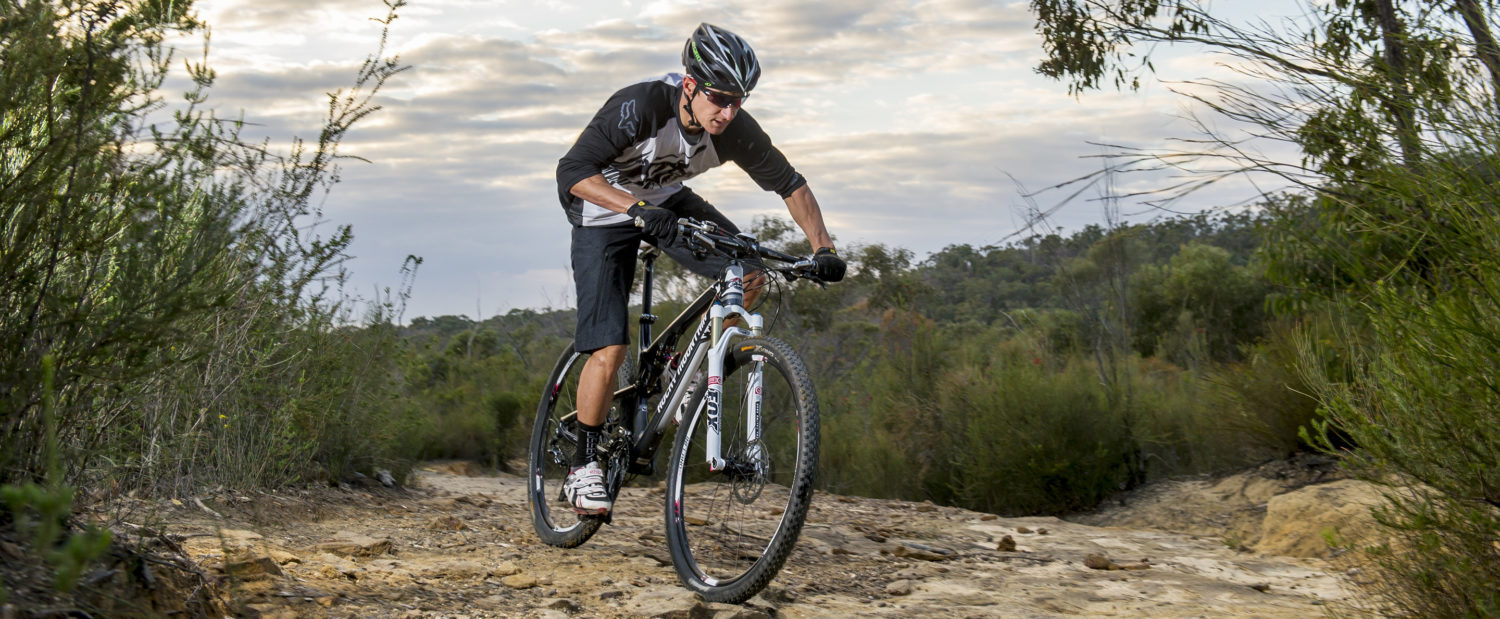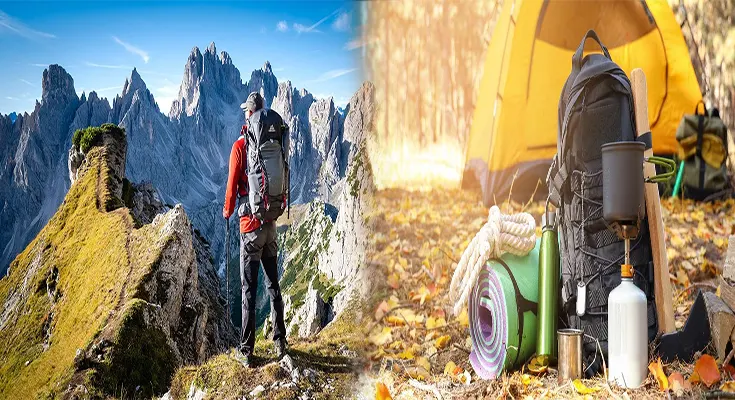Embarking on a solo backpacking trip can be an exhilarating and rewarding experience, but it’s crucial to prioritize safety and be prepared for any unexpected challenges that may arise along the way. To ensure your well-being and peace of mind while exploring the great outdoors alone, we have compiled a list of essential safety and survival gear that every solo backpacker should consider packing for their adventure.
1. Personal Locator Beacon (PLB)
A Personal Locator Beacon is a vital piece of gear that can be a lifesaver in case of emergencies. This compact device allows you to send a distress signal to search and rescue teams, providing your exact location coordinates and ensuring prompt assistance in remote areas where cell phone reception may be limited.
2. First Aid Kit
A well-equipped first aid kit is essential for treating minor injuries and addressing medical emergencies while on the trail. Make sure your first aid kit includes bandages, antiseptic wipes, pain relievers, tweezers, and any personal medications you may need.
3. Headlamp or Flashlight
A reliable headlamp or flashlight is indispensable for navigating dark trails, setting up camp after sunset, and signaling for help in case you get lost. Opt for a lightweight and durable model with long battery life for extended use during your backpacking trip.
4. Emergency Whistle
An emergency whistle is a simple yet effective tool for attracting attention and signaling for help in situations where verbal communication may not be possible. Attach the whistle to your backpack or clothing for easy access in case of emergencies.
5. Water Filtration System
Access to clean drinking water is essential for your survival while backpacking in remote locations. Pack a portable water filtration system or water purification tablets to ensure you can safely drink from natural water sources without the risk of waterborne illnesses.
6. Multi-Tool
A versatile multi-tool equipped with essential tools such as a knife, scissors, can opener, and screwdriver can come in handy for various tasks and emergency situations while backpacking solo. Choose a compact and lightweight model that fits easily in your pack.
7. Emergency Shelter
Carrying a lightweight emergency shelter, such as a compact tent or bivvy sack, provides protection from the elements and ensures you have a safe place to seek refuge in case of unforeseen circumstances or extreme weather conditions.
8. Fire Starter
Having a reliable fire starter, such as waterproof matches, a butane lighter, or a fire starter rod, is essential for staying warm, cooking food, and signaling for help during emergencies. Practice fire-building skills before your trip to ensure you can start a fire quickly when needed.
9. Navigation Tools
Pack essential navigation tools such as a map, compass, and GPS device to help you navigate unfamiliar terrain and stay on course while backpacking solo. Familiarize yourself with your route before setting out and be prepared to navigate using traditional methods if technology fails.
10. Extra Food and Water
Always carry extra food rations and water supplies to sustain yourself in case your backpacking trip takes longer than expected or you encounter unforeseen delays. High-energy, non-perishable snacks are ideal for emergency situations when access to food may be limited.
By packing these essential safety and survival gear items, solo backpackers can enhance their preparedness, mitigate risks, and ensure a safer and more enjoyable outdoor adventure. Prioritize your well-being and equip yourself with the necessary tools to navigate challenges, respond to emergencies, and make the most of your solo backpacking experience while exploring the wonders of the great outdoors.





